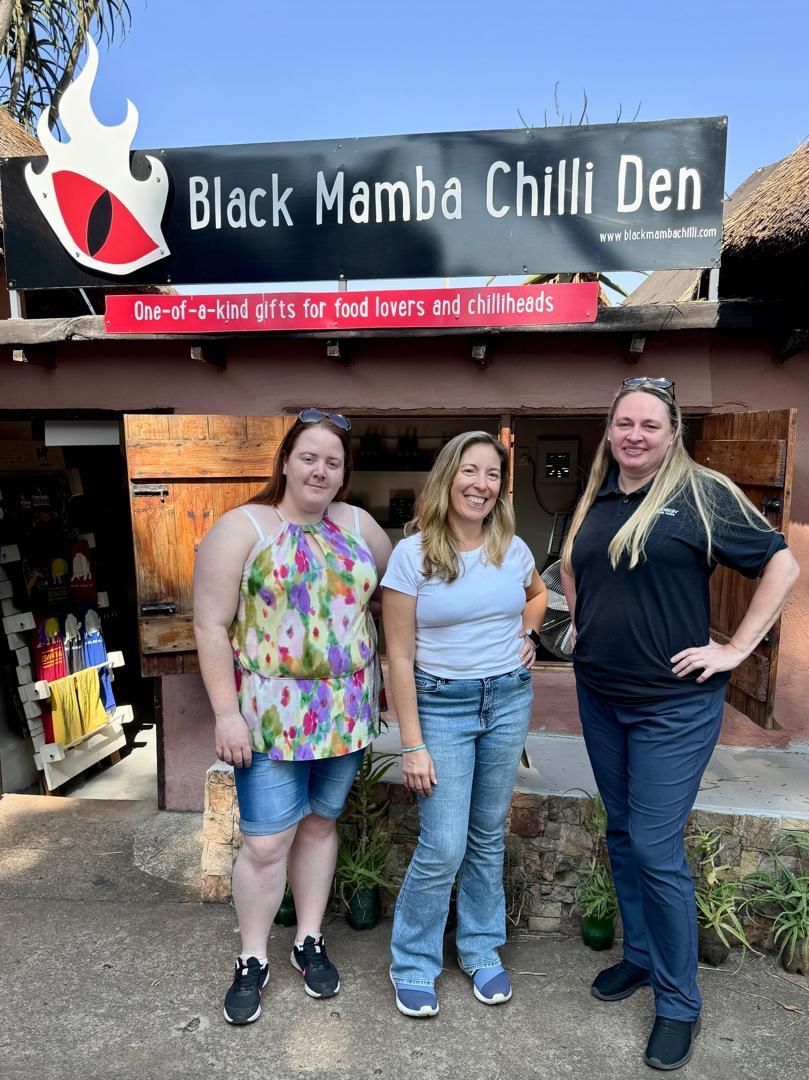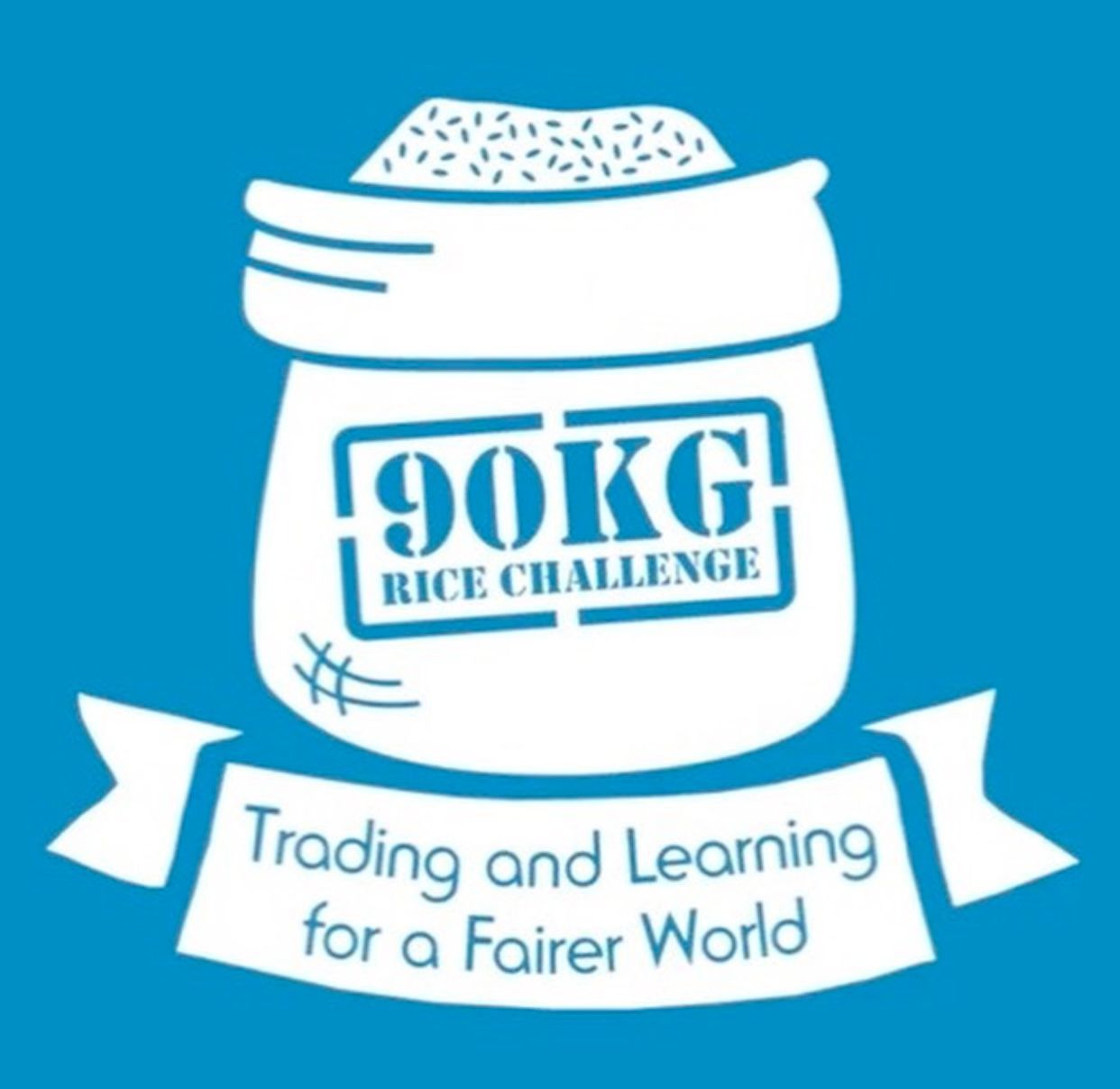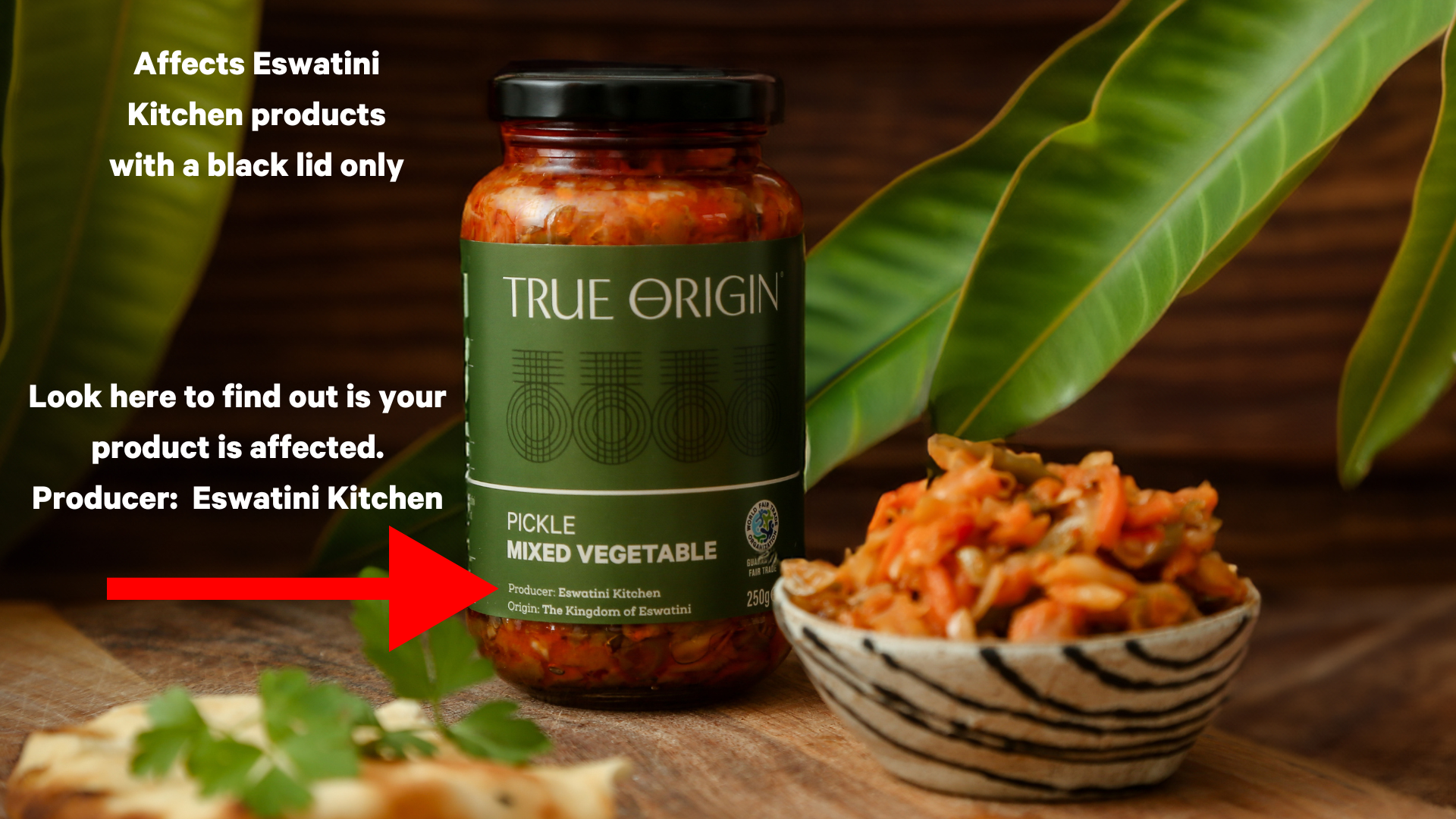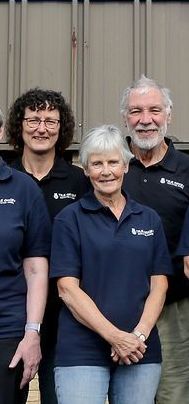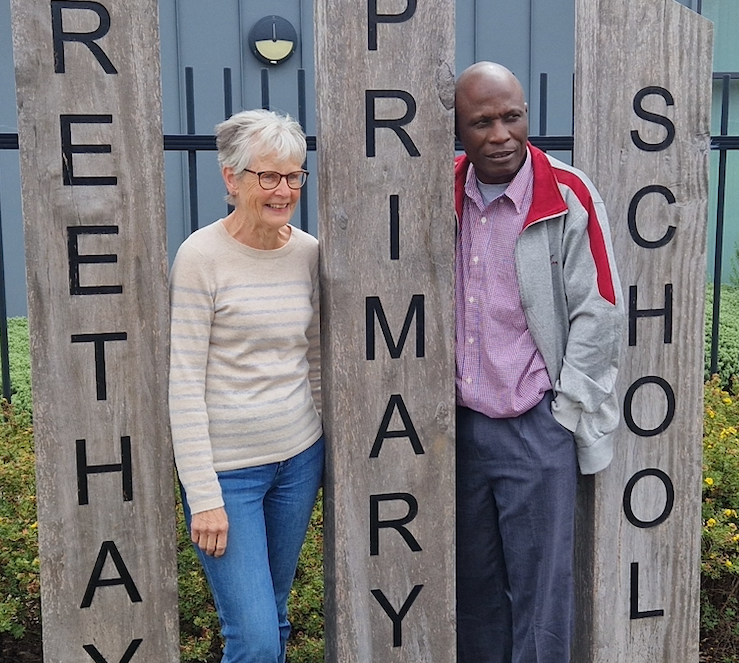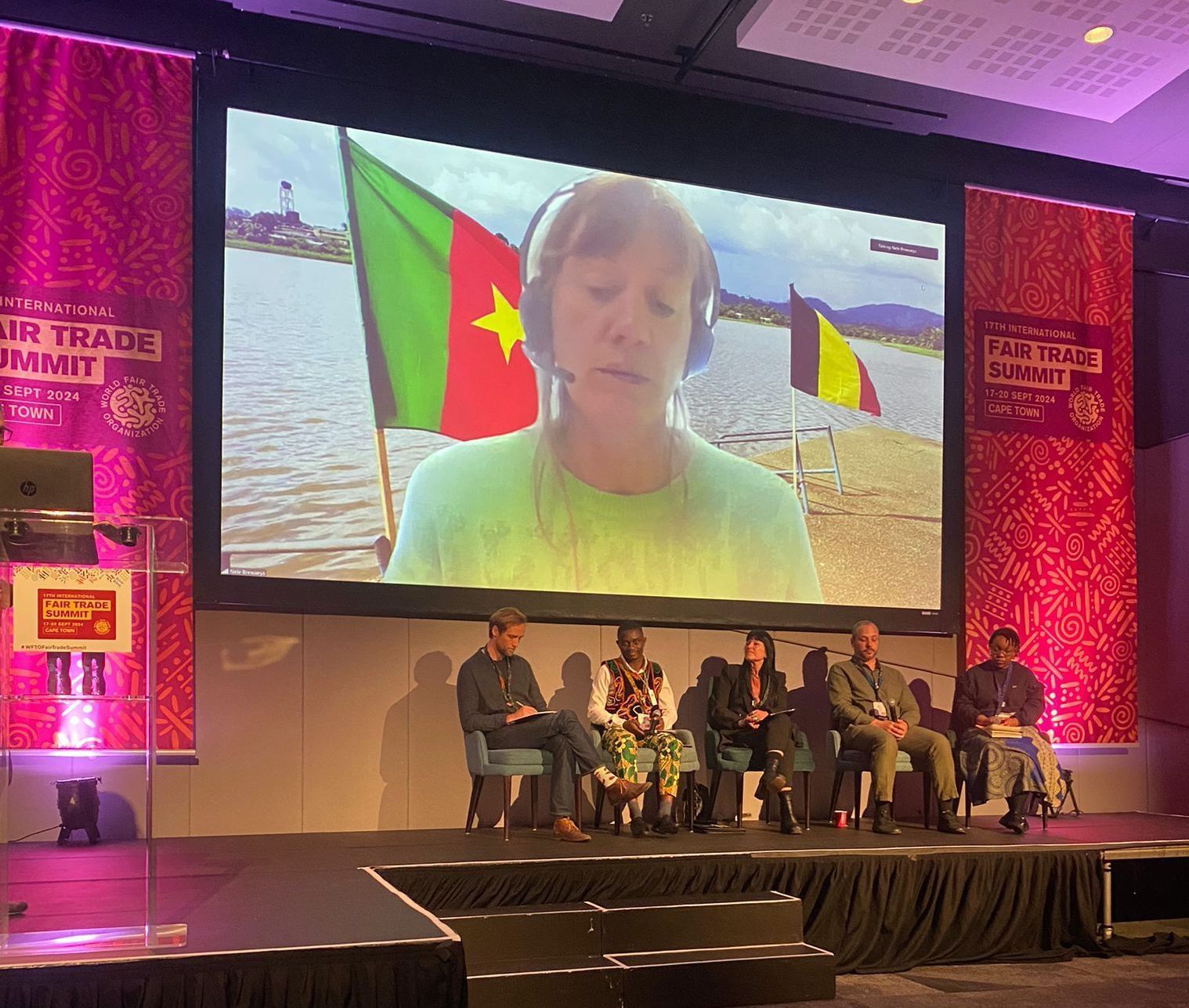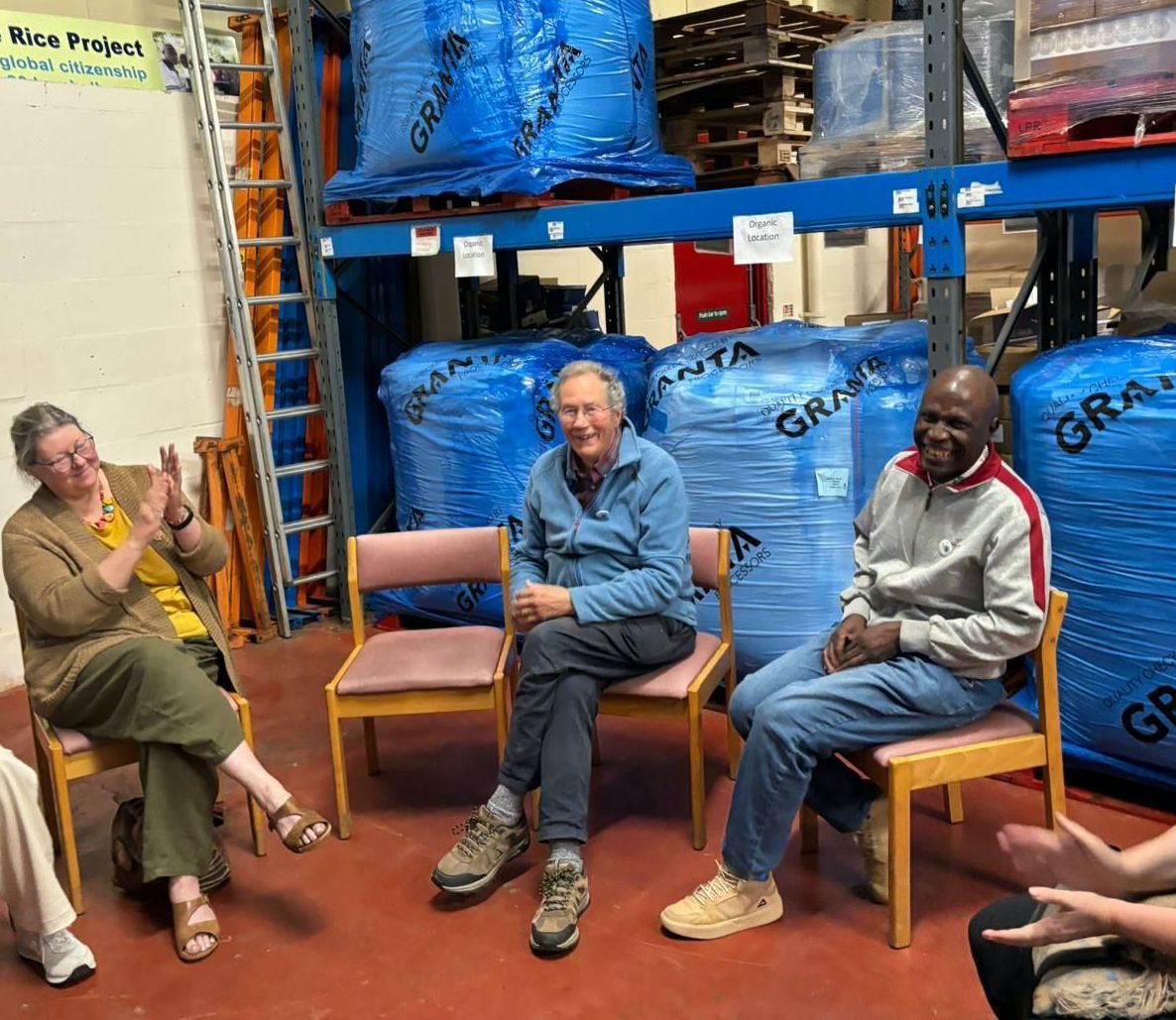Volunteering with JTS
My First Week
Hi, my name is Alice, I am an 18 year old medical student from Australia. I decided to spend my inordinately long summer holiday in the world renowned top summer destination… Glasgow. I am going to spending my time volunteering for Just Trading Scotland, and I thought I would write a blog to share some of my insights and experiences over the coming month.
I arrived in Glasgow on the 2nd of January after a great 4 days spent hiking in the Lakes District. I met my gracious hosts the Mitchell family and after an impromptu shopping trip and some great Italian food, I got settled in at home.
We spent the obligatory days doing the touristy stuff – I loved Stirling Castle and the organ recital at Kelvingrove art gallery.
My first experience of Fair Trade in Scotland was a visit to Gavin’s Mill and helping out at the Fair Trade stall at St Silas Church. This was a great introduction to the range of Fair Trade products on offer (an a rather rude awakening to how hard it is to give correct change in a foreign currency!)
Then on Monday I was off to Paisley to meet the team behind JTS. They welcomed me with open arms. The first task of the day was to label batches of Dutch Fair Trade Hazelnut Spread (or ‘Hazelnoot pasta’). Then on to assembling resource packs for schools involved in the 90kg Rice Challenge. This was a good way of learning about one of JTS’ most successful undertakings. What I found so brilliant about this scheme – and what will probably come up again in this blog, is its sustainable nature. This is different from just giving the farmers money, you are buying their product and helping them make a living. This is not charity, it is empowerment. The farmers can use their own product to upskill, send their children through secondary school, buy technology to reduce their manual labour and increase yields. You are facilitating a way for the farmers to change their own futures, not thrusting money at the problem hoping it will go away. This bottom-up approach allows the farmers to have a say in what happens. It means they are not dependent on us, we are empowering them; helping without robbing them of their dignity. I was amazed at the sheer number of schools, nurseries, church groups and universities that were getting behind this worthy challenge.
Another thing that surprised me when I was looking through the school resource guides is the Scottish Curriculum for Excellence. Every school is encouraged and rewarded for being a Fair Trade School. Being a global citizen, or a social entrepreneur is part of the curriculum! The Eco schools program and UNICEF rights respecting school award are awesome programmes which can instill a sense of social justice in children from a young age.
I thought it would be a nice idea to pack some simple recipe cards that use Kilombero rice into the resource packs so that the children are encouraged to cook and use the rice themselves not just sell the bags. For dinner that night I had my first taste of the rice and I’ve got to say, I was not disappointed. Perhaps it was the culinary talent of Tracy, but it was a thoroughly enjoyable meal.
On Wednesday, I went to a Fair Trade Nurseries meeting. We were organising a set of Fair Games – a meeting for Fair Trade nurseries around Glasgow to have some fun with Fair Trade footballs and a Fair Trade snack part way through! I was astounded that we could be teaching Fair Trade to kids that young! It is a complicated topic to grasp, but through simple activities, it can be taught. In fact, not only did these children grasp the concept, they thrived. The nurseries grouped together to do the 90kg rice challenge and became the first group to sell a tonne of rice (partly due, I’m sure, to the amazing pestering power of a four year old).
It may have been a while, but I’m pretty sure we never learnt anything like this in my nursery or primary school, it was more “don’t you dear put that thing in your mouth”, “what’s 1+2”, “now I know my ABCs…”, “Alice, stop licking that!”
I think these kids are going to change the world and I hope I have the opportunity to help them with it.
After the nurseries, Tracy and I went to the Lenzie centre of operations for Fair Trade being expertly managed out the back of a volunteers garden shed. We did some stock taking and I marveled at the sheer comfort of Fair Trade bamboo socks – seriously, you have to try them.
I read an impact report that JTS wrote about their grant for International Development from 2013-16. It was really interesting to see how you can use money effectively and sustainably. The money went in to improving the the livelihoods of smallholder rice farmers in Karonga, Malawi. The grant was spent buying 5 metric tonnes (MT) of good quality certified rice seed, employing some field officers from KASFA, a local membership organisation with nearly 7,00 members (60% female!), 300 tarpaulins, 56 ox-carts. In Scotland, the grant was used to employ a marketing officer, rebrand Kilombero rice and advertise it. 2 MA students from Glasgow University’s business school also visited Karonga on research projects. The most amazing thing about this project was the results.
The 5MT of rice seed was freely distributed to 250 trained lead farmers, who grew the crop and produced 250 MT of certified god quality rice (a 50x increase). This was then bought back using the grant. The 250MT of seed was freely given to KAFSA members on a loan basis. The KAFSA farmers were trained by the field officers to get the best possible results from the seed. The farmers then donated double the amount of seed they were given (leaving them still with around 48x the original amount). So that more good quality rice could be bought and freely distributed and the process repeated. The good quality rice had an increase of 30-40% yield, and I can attest to its great taste. This scheme produced a sustainable cycle; able to continue to improve the livelihoods and quality of rice in Karonga with all costs covered by the seed bank.
The 300 tarpaulins and 56 ox-carts were sold to farmers on loan basis and when the money was paid back, more carts and tarps could be bought, this could continue until demand was met. The tarps reduce wasting in threshing, enabled the rice to be sun dried hygienically and reduced manual labour. The ox carts also drastically reduced the amount of manual labour.
Every farmer involved in the schemes honoured the terms of the loans. Both the donors and recipients were committed wholeheartedly to the success of the programme and you can see it in the results.
12 tarps, 600kg of rice and certified rice seed was also freely distributed to the ultra-poor families in Karonga. Their communities often allowed them free access to ox-carts and tarps.
It was truly remarkable to read about how a project specifically designed for farmers in an area can have such a far-reaching effect. Its effect is still being felt today due to the sustainable nature of the scheme with focus on irrigation and farming technologies to further reduce manual labour. There is a real possibility that that small grant could enable major agricultural development in the Karonga District. Using techniques like this we have the ability to change millions of the lives of some of the poorest communities in the world.
I spent a fun afternoon in the office assembling 2000 letters to send out to schools and compiling a spreadsheet of the contact details of all the schools in the UK (it took me an embarrassingly long time to realise that I just had to do a google hunt for already assembled spreadsheets for everywhere other than Wales!) I can’t quite get my head around the utter number of primary schools. There could be more than 200 in a small unpronounceable county in the middle of England.
I worked to develop my own little brain child – an Oryx mystery bag. It is a fun lucky dip which is great value for money (more than half the RRP of each product individually). I also had a stab at improving our social media presence; attempting to figure out how to use LinkedIn and Pinterest.
The theme of this year’s Fair Trade Fortnight is ‘She Deserves’, and I cannot think of a better company that embodies this theme than Eswatini Kitchen. Not only is their orange and cinnamon marmalade to die for, it also helps to empower women. The jam factory only gets its product from smallholder local farms and provides training facilities for the farmers. It is run by two locals, Carlos and Sonia Pavia, in fact, Sonia is the first woman to be a managing director in Swaziland. She runs the Woman Farmers Foundation which provides training and support for women farmers. In my opinion, the best part is her competition; the Woman Farmer of the Year. The winners don’t just receive some money or a prize, they win farming equipment and training. Best of all, the winner must use that training to train other women, setting up cooperatives and new enterprises. This means there can be a snowball effect, a cascade or knowledge and empowerment growing larger every year. Eswatini kitchens works tirelessly to improve women and youth empowerment. They work to try and advance these smallholder farmers from subsistence level to commercial, fighting poverty and increasing food security. As this company grows their international markets, more people will get to eat their products (seriously, I could not recommend the orange and cinnamon marmalade or the pineapple jam enough!), and the company can begin to realise its potential.
Yesterday I sat in on a meeting with the Scottish Fairtrade Forum. We were planning a celebration for the 10th birthday of JTS on the 26th of March. It is awe-inspiring how the company has grown over the last 10 years. Every year we are selling more rice, marmalade, coconut milk and spices, impacting the lives of farmers in some of the poorest nations of the world, and educating children and adults around the country. Through our initiatives such as the 90kg rice challenge, to our work in Karonga, through our support of women in Swaziland to the education of nursery aged children about the importance of justice, we are making a difference. Join me on my journey working with JTS for the next month, and join JTS on its journey forward, selling fair food; fine food.
